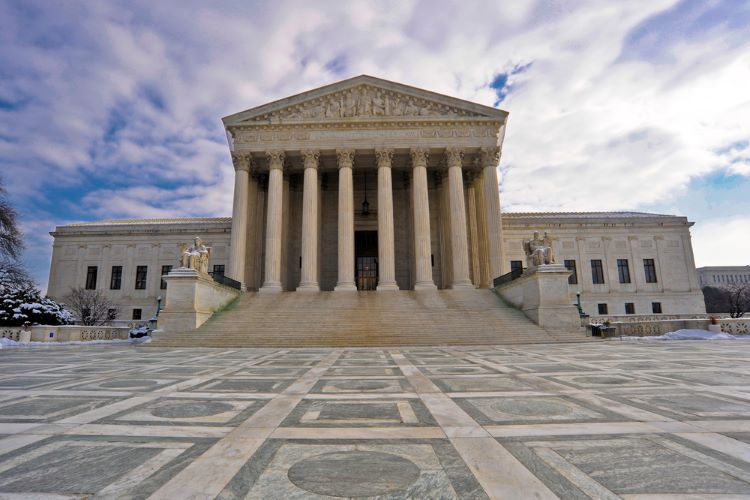Supreme Court won't hear appeal seeking to overturn insular cases

Image from Shutterstock.
The U.S. Supreme Court on Monday denied certiorari in an appeal seeking to overturn the insular cases, a series of cases decided in the early 1900s that limited constitutional protections for people in some U.S. territories.
The court declined to hear a suit contending that three American Samoans living in Utah are entitled to birthright citizenship under the 14th Amendment, report SCOTUSblog, Law360, Reuters, NPR and the Washington Post. The case is Fitisemanu v. United States.
At issue is a federal law that recognizes people born in American Samoa as U.S. nationals—giving them the right to work and travel here—but not U.S. citizens, according to the cert petition. Without citizenship, the plaintiffs can’t vote, can’t run for federal or state office, can’t serve on juries, and can’t serve as officers in the U.S. Armed Forces.
The 10th U.S. Circuit Court of Appeals at Denver had upheld the law based on the insular cases.
The insular cases, decided after the Spanish-American War, held that the Constitution applied in “incorporated” territories destined for statehood, such as Alaska, but didn’t fully apply in “unincorporated” U.S. territories, according to a description of the cases by the American Civil Liberties Union. The cases “entrenched” concerns about giving constitutional protection to people of color, according to the ACLU.
Justice Neil Gorsuch had called on the Supreme Court to overrule the insular cases in an April concurrence. Gorsuch said the “shameful” cases “rest on a rotten foundation” of “ugly racial stereotypes.”
Co-counsel in the Fitisemanu case was Neil Weare, president of Equally American, a civil rights organization. In an Oct. 17 statement, Weare said the cert denial “continues to reflect that ‘equal justice under law’ does not mean the same thing for the 3.6 million residents of U.S. territories as it does for everyone else.”



